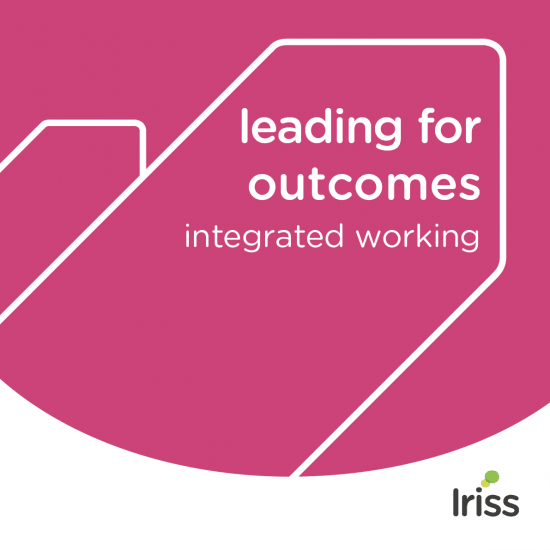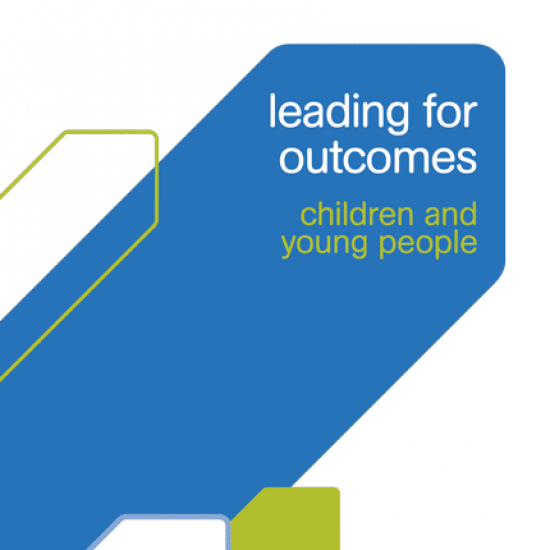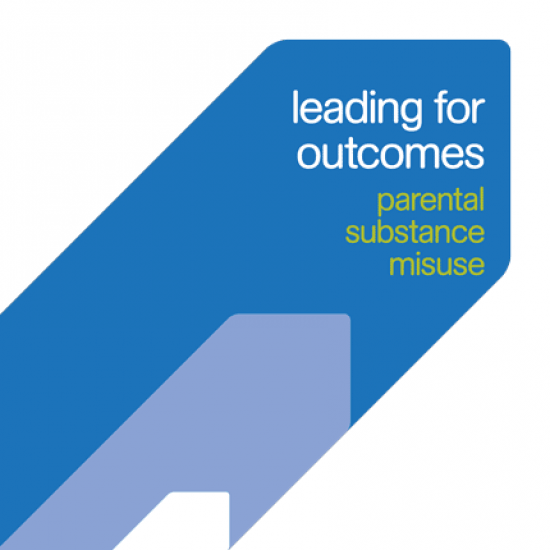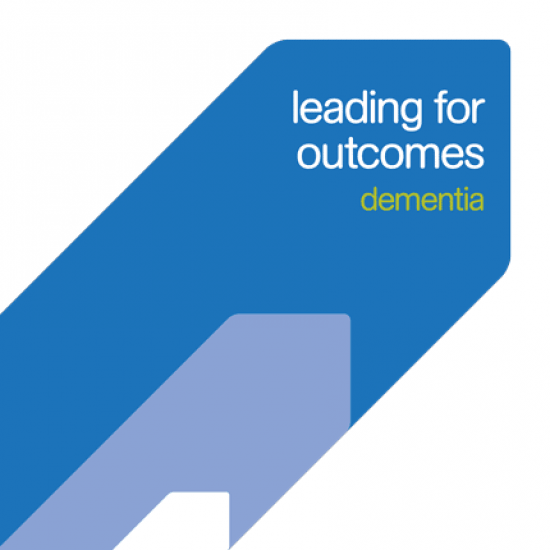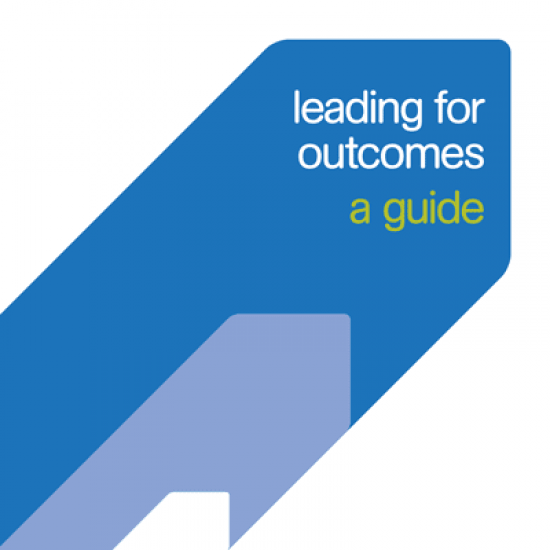Leading for outcomes: integrated working, Part one
Defining what is meant by integrated working
What do we mean by integrated working
In any discussion of integrated working, a first prerequisite is that all parties define what they are talking about. Integrated working is one of those terms that has come to mean different things to different people so it is essential to ensure that everyone is talking about the same thing.
